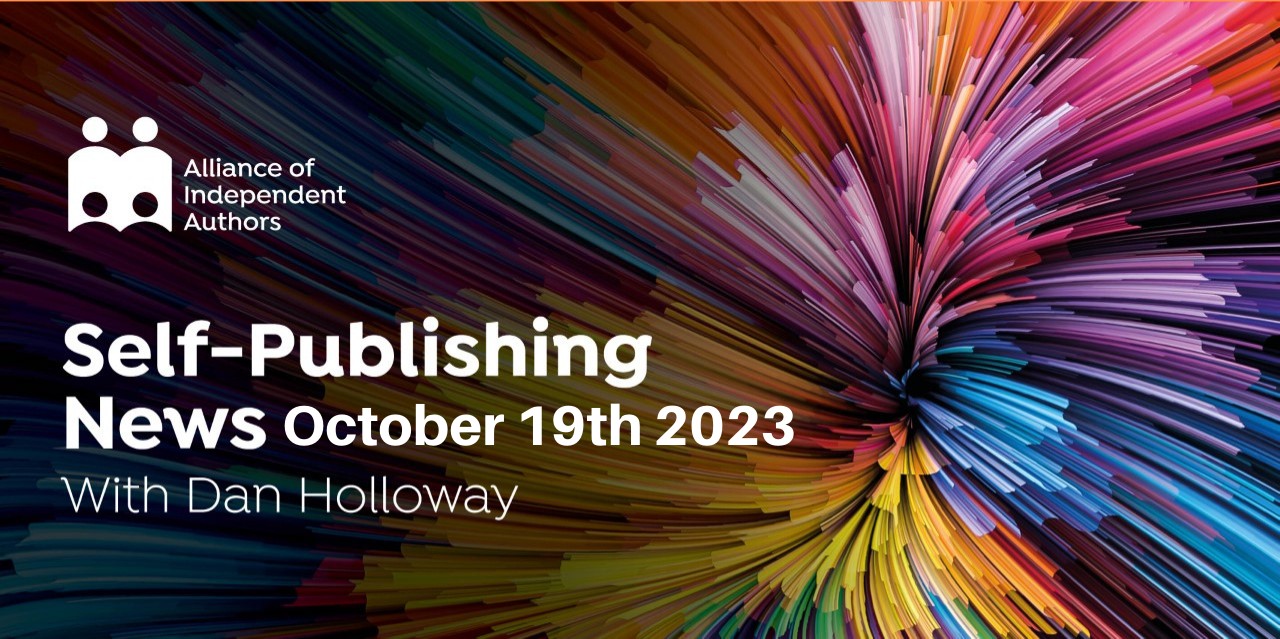
ALLi News Editor, Dan Holloway
You will no doubt have noticed from recent reports that the dispute between writers and screen producers in the US has ended with a resolution. You can, if you want, now read the full 94 page writers and producers AI agreement. Not even I am that enthralled with legal wranglings to go to quite those lengths. But I am intrigued to see what the agreement says about AI in the writing process, something that might impact all authors, including ALLi members.
Fortunately Passive Guy has, as an interested copyright lawyer as well as writing blogger, picked out the relevant pieces.
I will summarise the crucial pieces from the agreement as best I can. It starts by defining that generative AI, as it is not a person, cannot be considered as a writer.
Producers may give writers AI-generated material to work from but have to disclose when they are doing so. And the really important bit of this part of the agreement is that, whatever writing results, the writer will be the rights holder, and will be paid as they would for anything else they have written. Some helpful examples are included. They indicate that where the AI has generated either a story from which a complete work is requested, or a draft of a complete work, the writer who is given that material to work with is still entitled to payment as if they had produced the screenplay (and, if applicable, the story outline) from scratch.
Producers can’t require a writer to use generative AI to, for example, speed up their work. On the other hand, if writers want to use tools like ChatGPT, they must obtain permission from the production company.
Really importantly, the agreement acknowledges that the landscape is shifting very fast. As a result, writers’ and producers’ representatives agree to sit down together twice a year at least to make sure they are keeping up. Which will provide an useful ongoing source of information for the debate that will no doubt occur more widely in the creative world over coming years.




